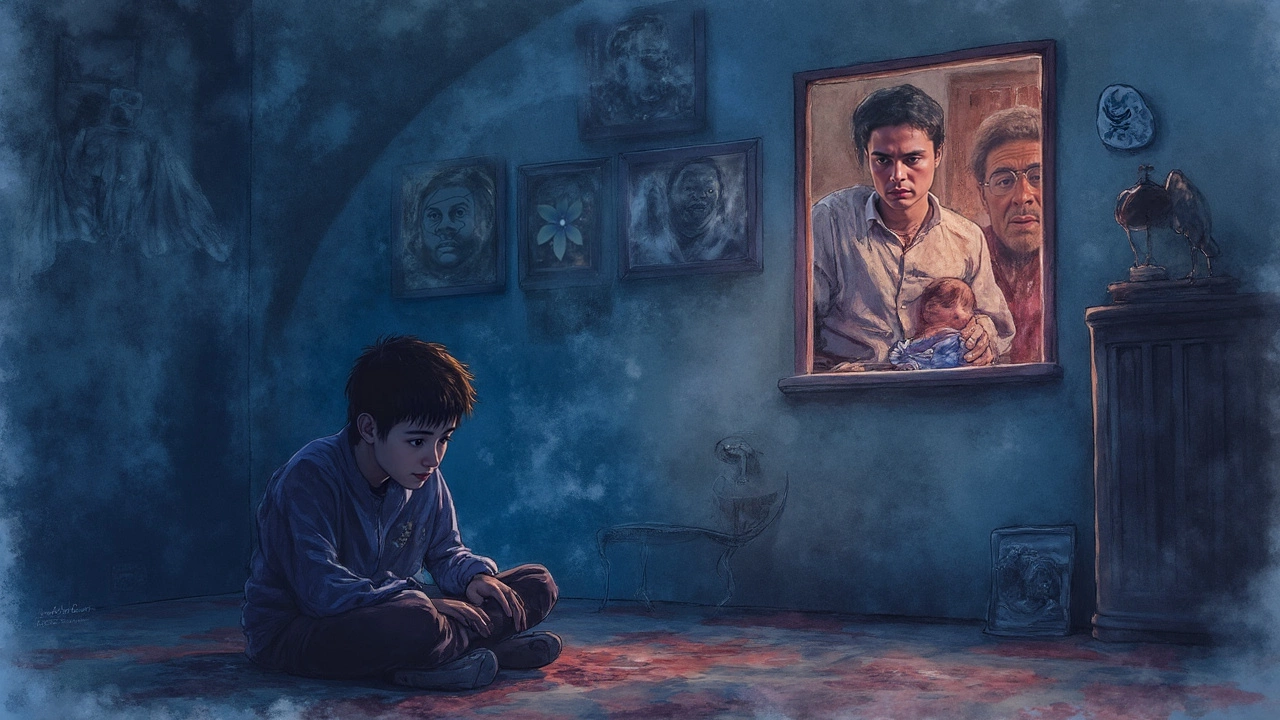Most Terrifying Mental Illness: What Makes Psychosis So Fearful?
- May, 25 2025
- 0
Some mental illnesses simply freak people out more than others, and there's a reason for that. This article digs into what makes conditions like psychosis and schizophrenia so chilling—not just for those who live with them, but for people around them too. You'll get real facts about what it feels like, what causes the terror, and how therapy can help even when things seem hopeless. We'll crash through myths and offer practical tips for handling mental health scares. Whether you're worried about yourself or someone close, you'll find something useful here.


